Inclusive, Interprofessional Public Health Education, Research, and Practice
Together, we see public health in a whole new light
Our interprofessional approach and commitment to inclusive excellence help us see public health a little differently. We seek to transform public health and well-being for all. Check out what the community is saying about Virginia's first College of Public Health.
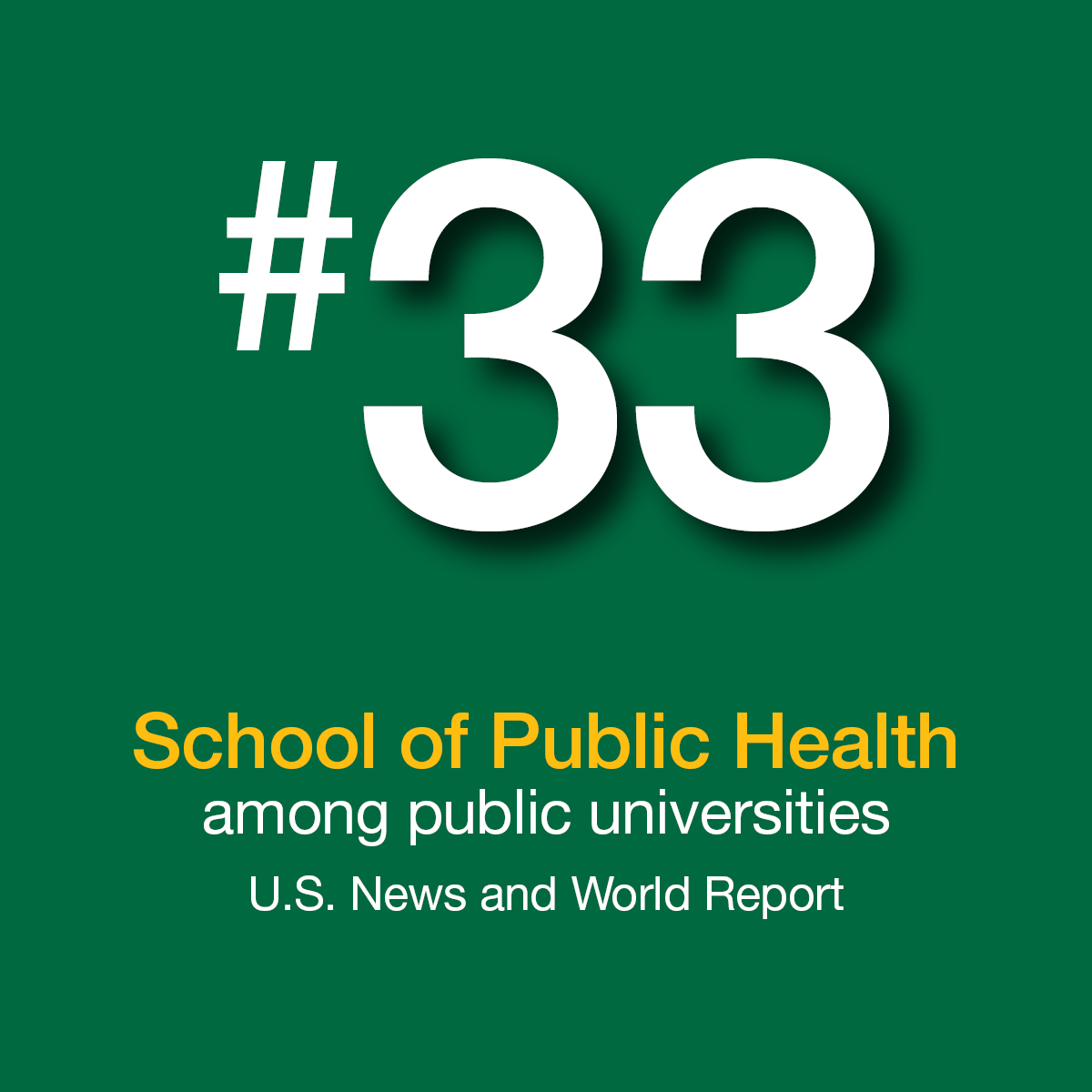
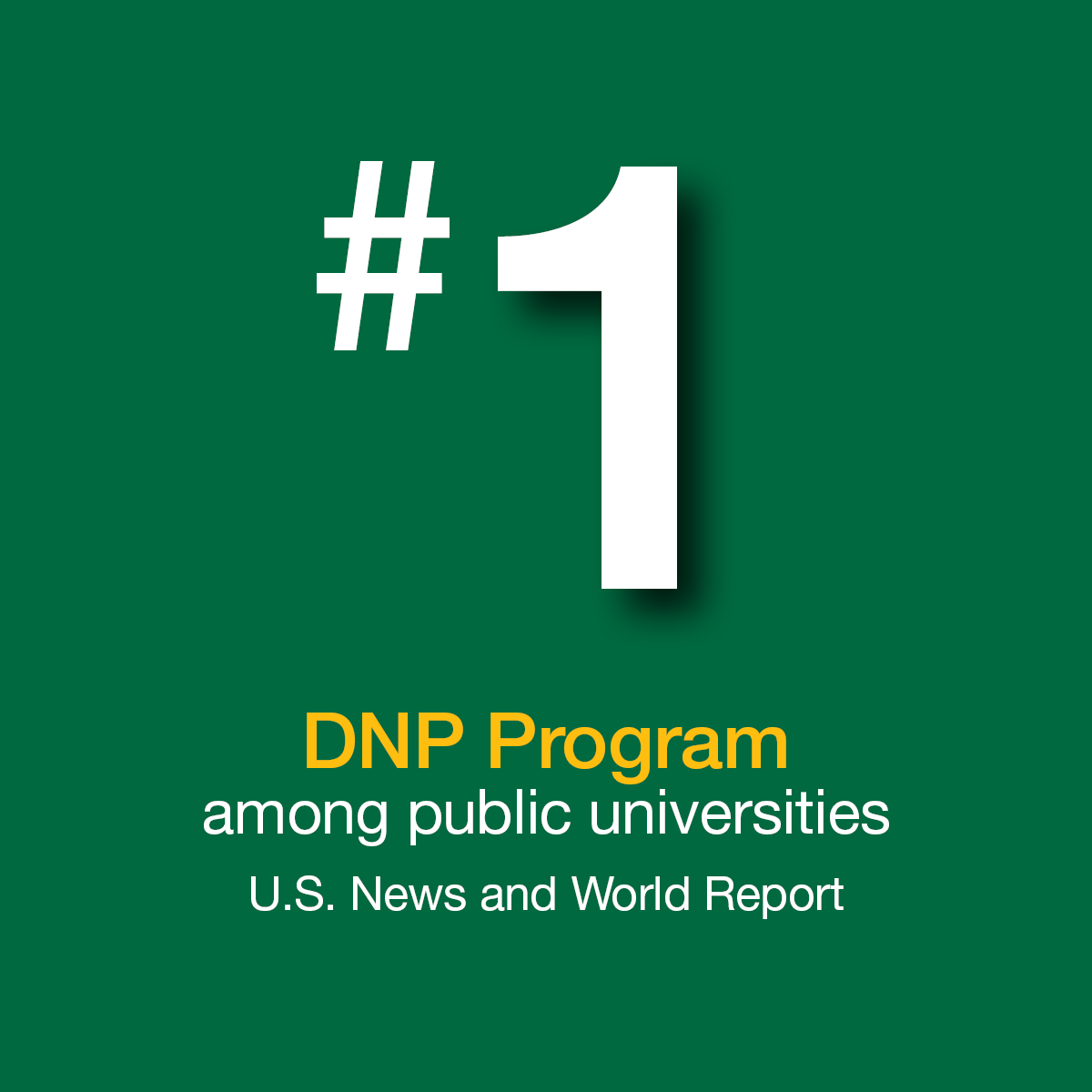
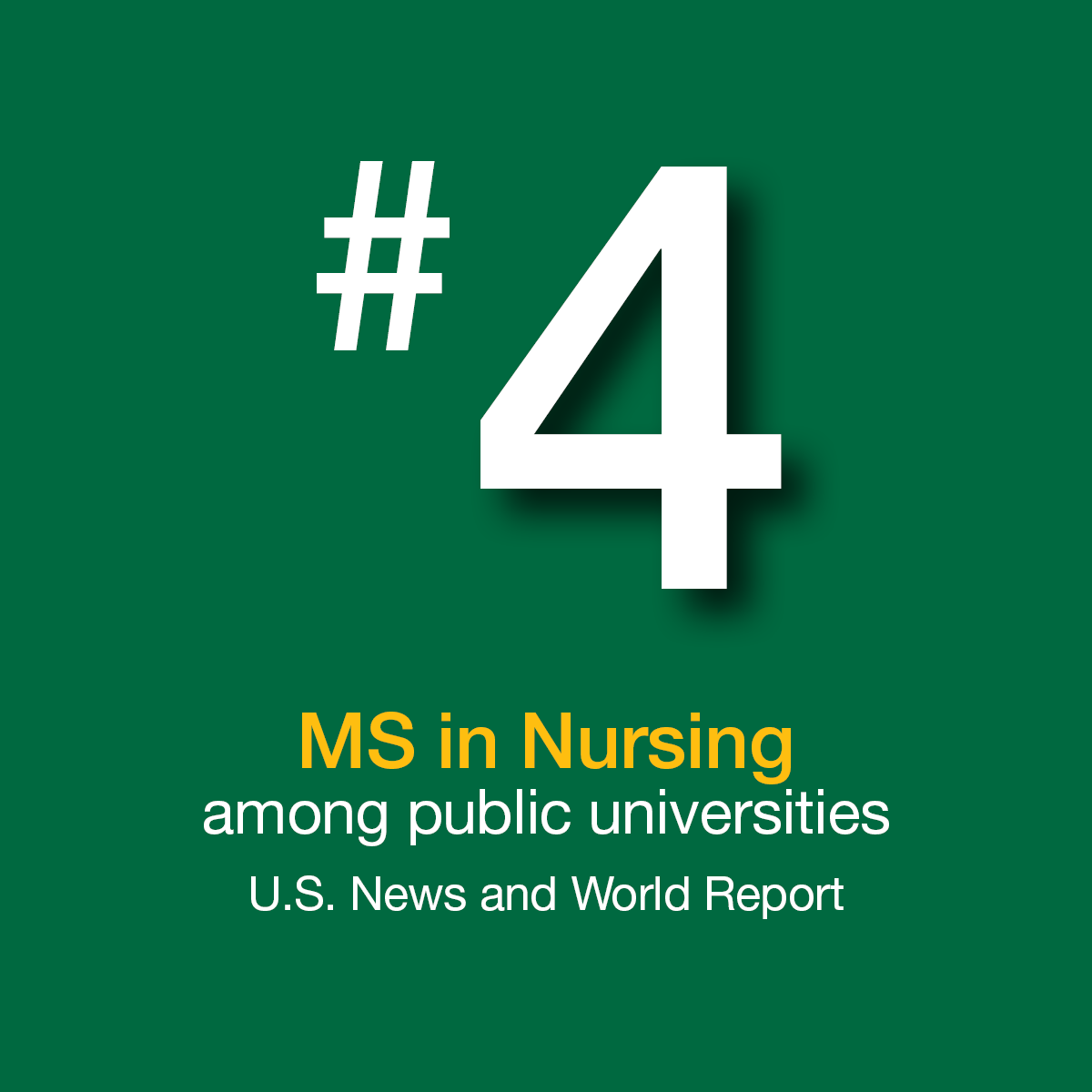
Interprofessional Advantage
Multidisciplinary education, research, and practice
Inclusive Excellence
Inclusive excellence to achieve access, equity, and representation in public health
First in
Virginia
Introducing the first and only College of Public Health in Virginia
We are the College of Public Health at George Mason University
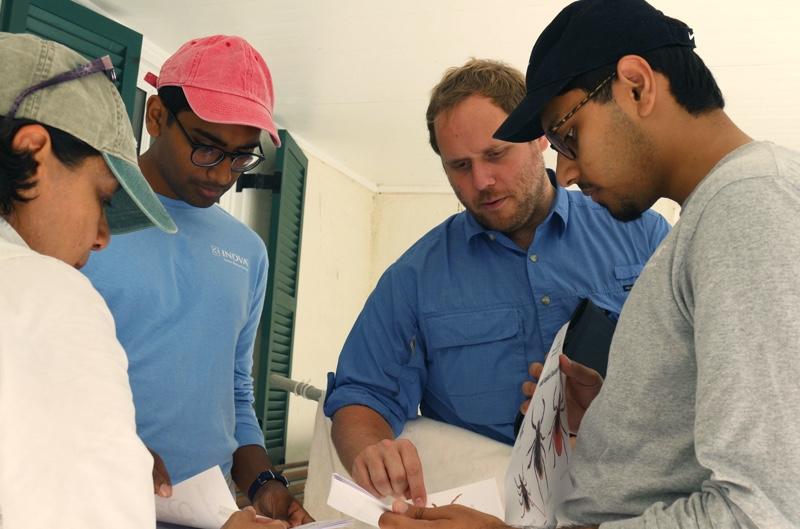
Global and Community Health
Explore public health fields such as behavioral sciences, biostatistics, environmental health, community health, epidemiology, global health, health communications, and health education.
Health Administration and Policy
Improve the quality and delivery of health care and public health preventive services through leadership, informatics, and policymaking.
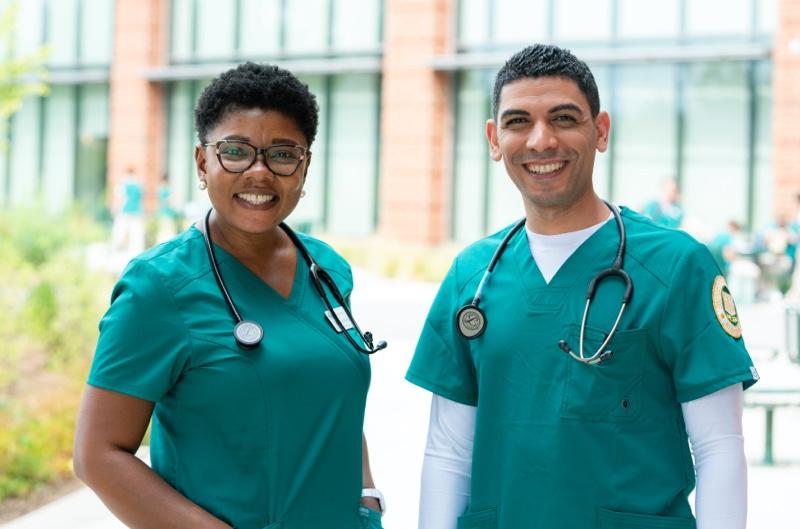
Nursing
Address the challenges of a rapidly changing health care environment with hands-on experience working with diverse patient populations.
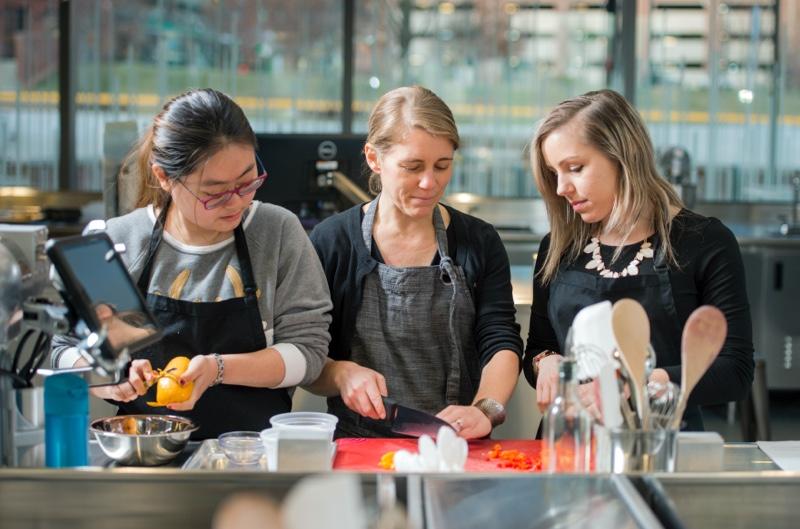
Nutrition and Food Studies
Combine the science of nutrition with the culture of food to influence behavior changes that improve health and increase global food access.
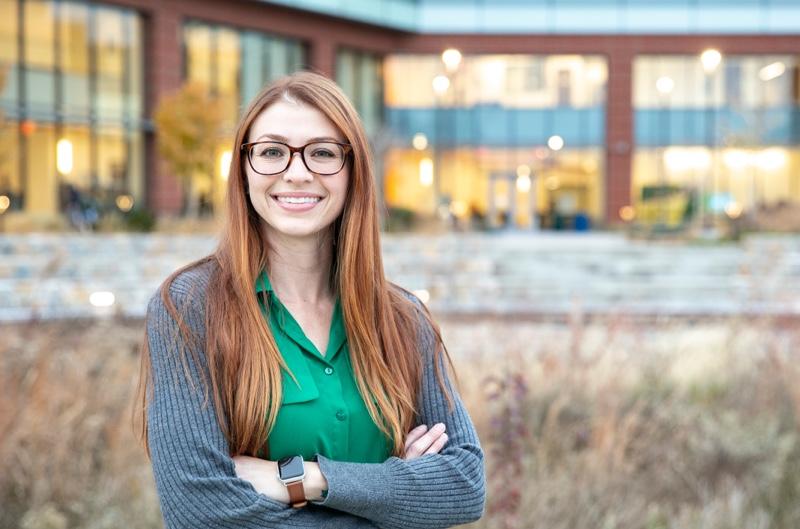
Social Work
Improve the well-being of individuals, families, and communities by assessing, planning, implementing, and evaluating programs to affect social change.
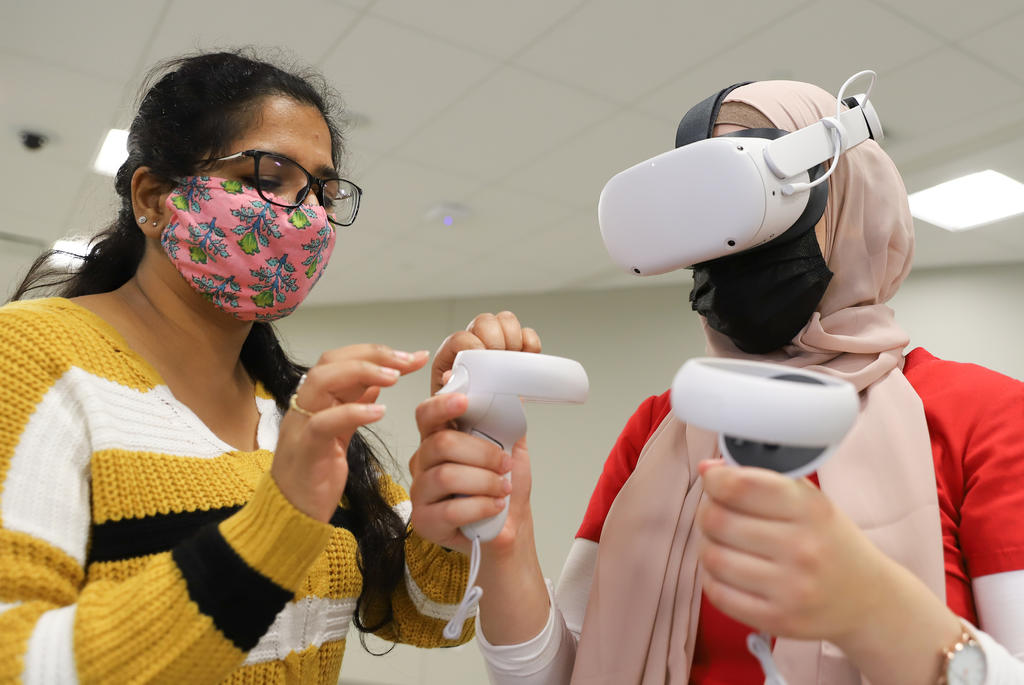
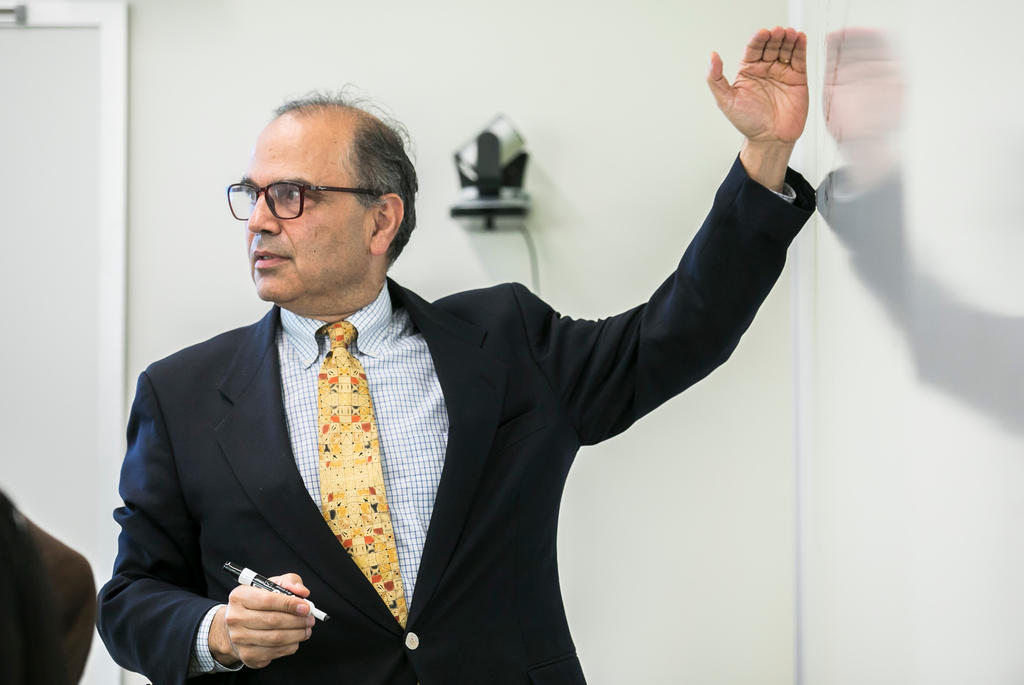
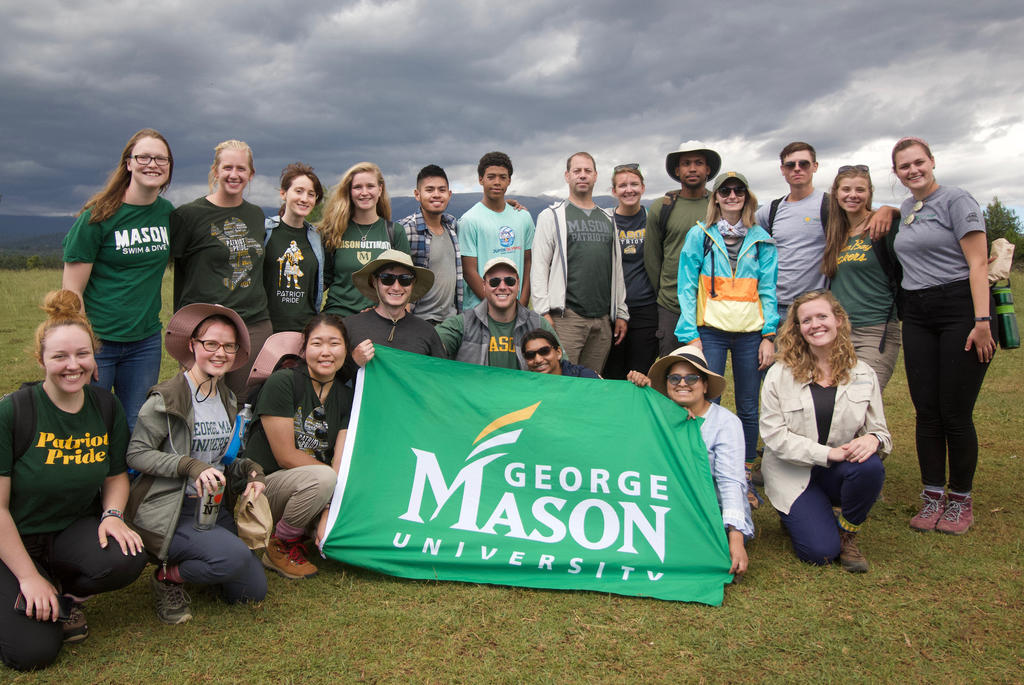
In the News
- April 25, 2024
- April 24, 2024
- April 23, 2024
- April 22, 2024
- April 19, 2024
